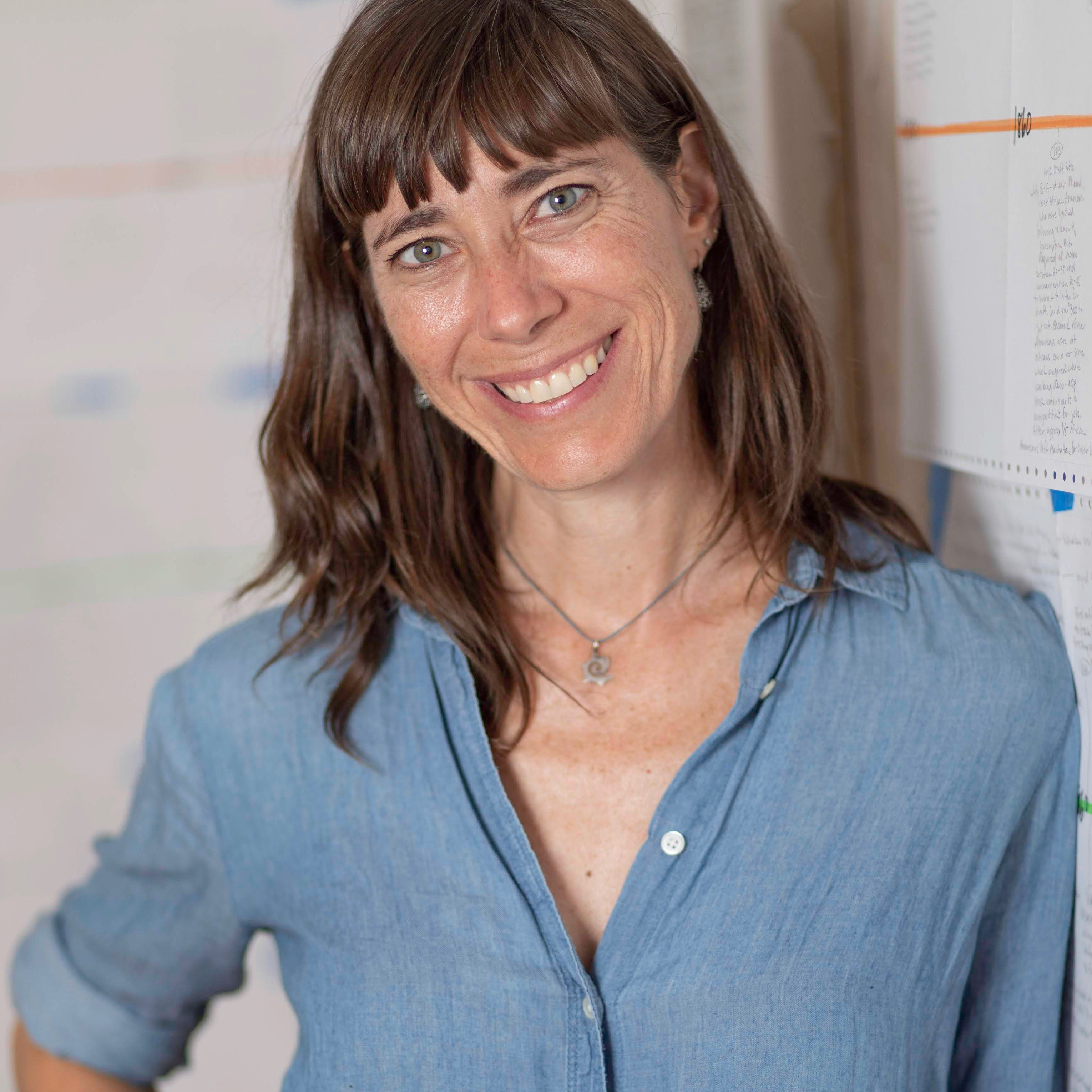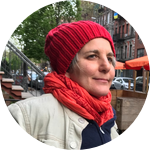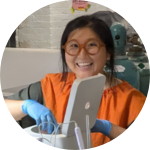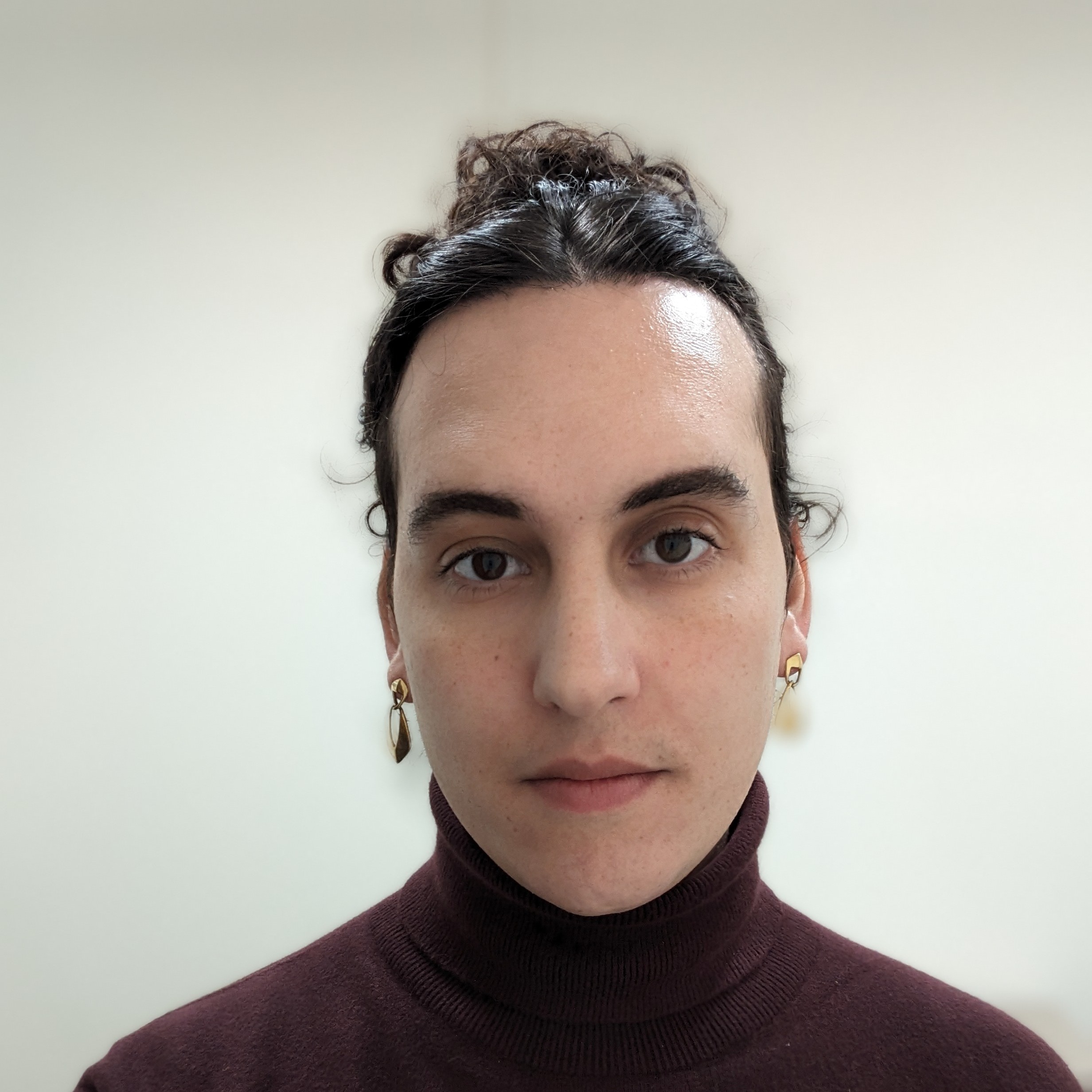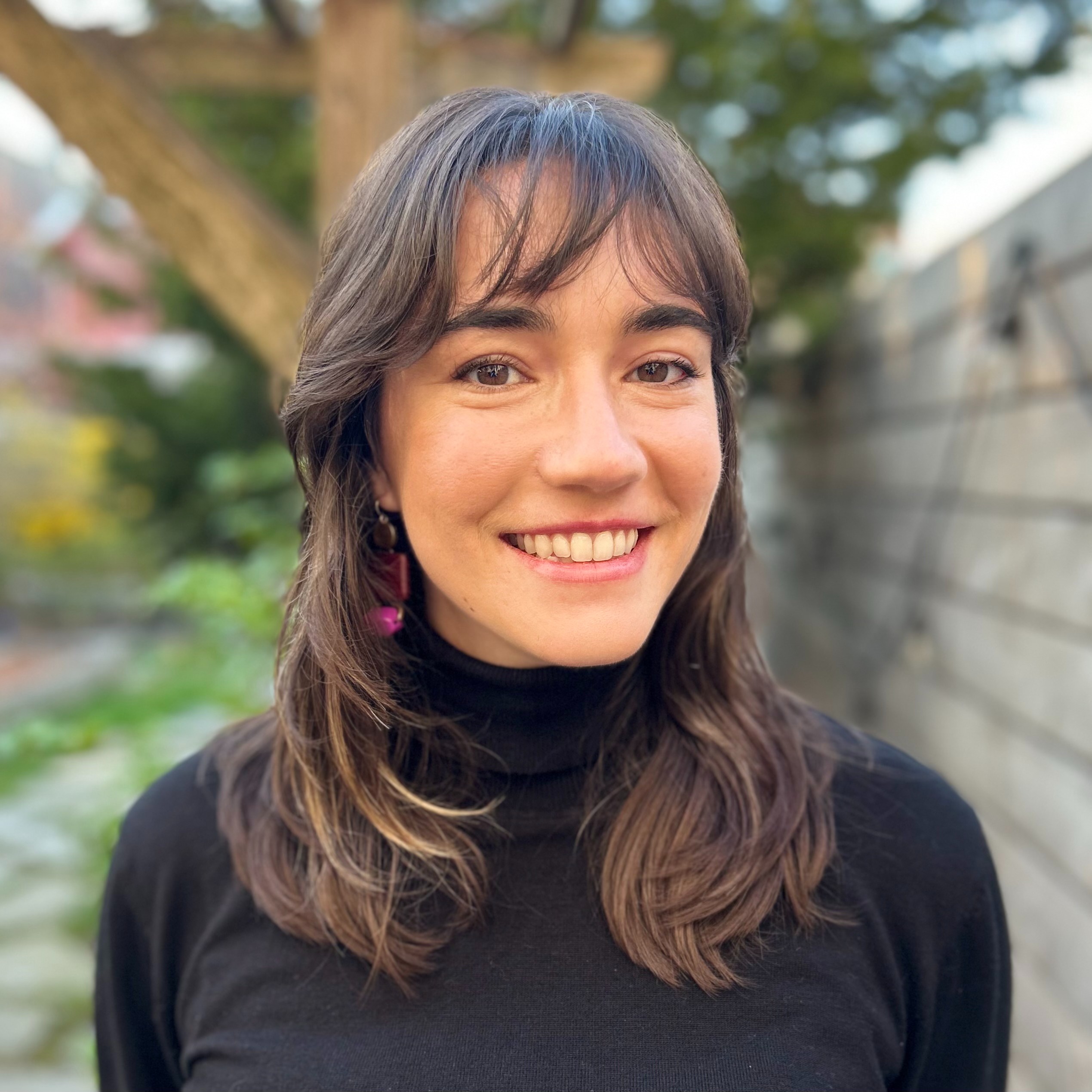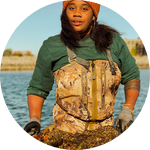About This Project
This pilot project applies multi-omics to study microbial communities along our oyster reef at Bush Terminal Park. The goal is to observe changes in these communities' functional capacity due to oyster presence, and create a framework for community-led environmental DNA analysis of local waterways. In doing so, we will solidify a partnership between two community science programs with deep roots in NYC's Sunset Park, as well as New York Climate Exchange's anchor institution.
Ask the Scientists
Join The DiscussionWhat is the context of this research?
The Billion Oyster Project is a combined habitat restoration effort, water quality monitoring program, community engagement partnership, and climate resiliency infrastructure project that aims to rebuild the once-flourishing oyster reefs throughout NYC’s waterways. Genspace is the world's first community biology lab, a place where anyone can learn and work on biotechnology. Together we serve NYC residents, with strong connections to Brooklyn’s Sunset Park neighborhood. We aim to establish strong partnerships between our two organizations to put the fate of NYC’s climate resilience and the health of its waterways in the hands of its residents. This project will solidify our growing partnership and provide pilot data needed to seek further resources to support us on this journey.
What is the significance of this project?
The addition of one billion oysters to NYC waterways is sure to restructure the local microbial community. Bivalve populations influence microbial communities via predation and by redirecting nutrients back to the environment through their excretions. Understanding these processes is critical to assessing how oysters might shape local greenhouse gas production and carbon storage rates, because microbial communities drive aquatic carbon cycles. We will give a new generation of community biologists the tools - both in the lab and at the console - to begin to ask these questions themselves in the context of our growing organizational partnership.
What are the goals of the project?
Our scientific goal is to observe changes in the aquatic microbial communities' functional capacity due to oyster presence using multi-omics then incorporate these insights directly into microbially-aware biogeochemical modeling frameworks. Our community goal is to run this experiment using water samples from the Bush Terminal Park oyster reefs in Sunset Park and establish the infrastructure and human capital for future community-led environmental DNA analysis of local waterways. Our organizational goal is to establish a multi-organizational partnership that allows are two organizations to grow together through a commitment to NYC’s needs in climate resilience, especially through possible downstream collaborations.
Budget
The equipment and supplies provided by these funds will allow us to collect much-needed pilot samples and preliminary data in order to be competitive for larger funding opportunities from local, state, federal, and philanthropic sources.
The waders and personal flotation device would be used by project members for entering the oyster reefs and its vicinity for the sample collection. The membrane filter, sampling bottles and cooler will be used for collecting and transporting the samples from the Bush Terminal Park reef to Genspace which are both located in Sunset Park, New York.
The DNeasy PowerWater Kit, Filter Tower, RNA Prep Kit, and cDNA Reverse Transcription Kit will be used for extracting DNA and cDNA from the 15 collected water samples over three months.
We will use the Illumina Mini-seq at Genspace for sequencing a pilot set of the metagenomic samples. We will also apply for grants like the Department of Energy's Community Science Program to sequence additional samples.
Endorsed by
 Project Timeline
Project Timeline
First, we will conduct monthly water sampling and DNA extraction at Bush Terminal Park and Genspace. Our reef has a unique feature where during a low tide, the reef is isolated as a separate lagoon from the river. Hence, we will prioritize spatial resolution over time resolution which would also give us scheduling flexibility.
Next, we will focus on sequencing, data analysis, and modeling with support from the mGamut Lab.
May 27, 2024
Project Launched
Jun 30, 2024
Complete a trial of Water Sampling and Filtering
Aug 16, 2024
Complete a trial of DNA Extraction
Oct 31, 2024
Collect and extract DNA from all 15 samples
Nov 29, 2024
Sequence all collected samples
Meet the Team
Affiliates
Team Bio
Our interdisciplinary team from the Billion Oyster Project, Genspace, and the mGAMUT lab at Stony Brook University combines a wealth of expertise in environmental science, genomics, and software engineering. We are united by our deep commitment to engaging and educating local communities, fostering a greater understanding of ecosystem dynamics, and making scientific research accessible.
Sally Kong
Sally is a software engineer, artist, and hobby biologist based in Brooklyn, NY.
During the day, she has built artist tools and 3D production pipelines for feature animation and games at Blue Sky Studios, Netflix, and Rockstar Games.
Outside of work, she spends most of her time at Genspace, a community biology lab based in Brooklyn, NY.
Jackie Lee Weissman
Jackie Lee “JL” Weissman (they/she) leads the Microbial Genomes And Metagenomes to Unravel Traits (mGAMUT) at Stony Brook University. Her research examines how microbes survive and thrive across diverse environments. She develops new tools to infer what microbes are doing and can do from DNA sequences captured directly from the environment (“metagenomes”), aiming to improve the representation of microbially-mediated biogeochemical cycles in global climate models. She believes everyone, with supportive mentorship, can become a highly-capable computational biologist, and loves to show students how a little coding can go a long way.
Previously, JL served as the inaugural Director for Proposal Development at the City College of New York, where they managed large, interdisciplinary efforts to bring center-level funding to the college and trained early-career researchers in grantmaking. They maintain research affiliations in biology at CCNY and the University of Southern California and have taught at The Cooper Union School of Art. Before returning to New York, they were faculty at Chapman University, where they ran a computational biology research lab, taught, and developed initiatives to improve mentorship at the college level.
Casey Lardner
Casey Lardner (she/her) is the Lab & Operations Manager at Genspace, the world's first community biology lab. She holds a Ph.D. in Neuroscience from the Icahn School of Medicine at Mount Sinai and completed postdoctoral research at Columbia University. Building on a background in ecology and evolutionary biology, much of her research used next-generation sequencing in mice and wild, urban rats to model and understand the human brain. As a graduate student, she co-directed an outreach group called “MINDS” and produced a science storytelling show called Studying the Brain. After her postdoc, she pursued full-time science communication and informal science education as a program coordinator in the Neuroscience Institute at NYU Langone. She is the president of BraiNY, a regional organization of the Society for Neuroscience in NYC and is enamored with all brains and minds – whether they belong to mice, pizza rats, people, or other living things.
Tanasia Swift
Tanasia Swift, Field Stations Program Manager, oversees the Field Station Program which includes 9 active sites around New York City. Tanasia holds a B.A. in Environmental Studies and is a Waterfront Edge Design Guidelines (WEDG) professional. Tanasia joined Billion Oyster Project in 2017 after 4 years of working as a program manager for non-profit youth programs in Brooklyn, NY. She manages community connections, leads in the development of field stations, and supervises the development of outdoor programming at each Field Station. Her commitment to NYC communities and climate justice is a driving force in her role. In addition to her work at Billion Oyster Project, Tanasia a member of Meridian Institute’s Diversity Equity and Inclusion Aquaculture Community of Practice, a Core Member at Superhero Clubhouse, a New York-based environmental theater organization, and a former Ambassador for Girls That Scuba, the largest community of women divers. Her work has been featured in the local press.
Project Backers
- 7Backers
- 103%Funded
- $10,341Total Donations
- $1,477.29Average Donation
